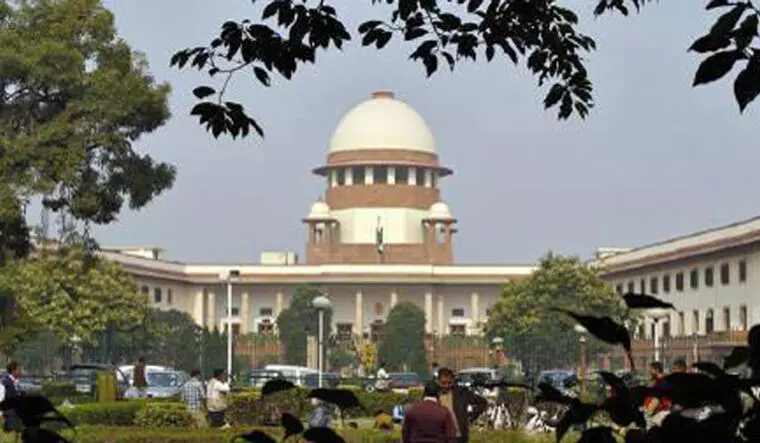
SC says FB should appear before Delhi Assembly panel; but not answerable for law and order questions
text_fieldsNew Delhi: Facebook is bound to appear before the Delhi Assembly's Peace and Harmony Committee to answer questions in regard to its alleged role in the 2020 Delhi Riots, said the Supreme Court on Thursday.
However, the verdict delivered by the Bench comprising Justice S.K. Kaul, Justice Dinesh Maheshwari and Justice Hrishikesh Roy, restrained the panel from compelling FB to answer on issues related to law and order and other subjects under the jurisdiction of the Centre.
The SC made it clear that in case FB is forced to answer such queries as are beyond the scope of the Delhi Assembly, the social media platform would be free to remain silent.
While granting that Delhi Assembly had powers to constitute committee to examine Delhi Riots of 2020 , the bench made it clear that the committee cannot act like a prosecuting agency. The Delhi Assembly itself has no jurisdiction over law-and-order situation and the police, therefore, the Peace and Harmony Committee cannot examine criminal cases and nature of evidence in connection with the riots.
The top court made it clear that if Facebook official decides to appear before the committee, that official cannot be forced to answer questions and the committee, for this action, could not proceed in breach of privilege of House against the official.
The top court emphasized that it was outside the mandate of the Delhi Assembly to say Facebook should be named as an accused and prosecuted in the Delhi riots.
The Delhi government's Peace and Harmony Committee had summoned Facebook India Vice President and MD Ajit Mohan as an expert witness on the misuse of Facebook for disseminating hateful content during February 2020, Delhi riots.
The committee had issued summons to Mohan on two occasions allegedly stating that his non-appearance would be treated as breach of privilege.
The bench took exception to certain statements made by the Committee in its press conference against Facebook, reported Livelaw.com. It underscored that the Committee has no power to prosecute.
(With inputs from IANS)























